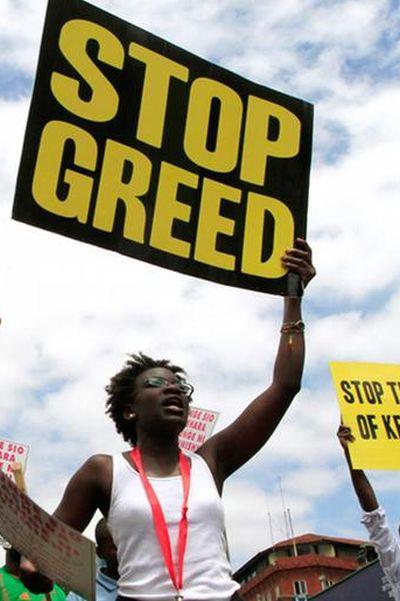
Developing countries lost nearly $1 trillion to fraud, corruption and shady business transactions in 2011, vastly outpacing the foreign aid they received and the pace of dirty money leaving emerging nations is accelerating, a new report found.
Illicit finance leaving the 150 developing countries totaled $946.7 billion in 2011, up 13.7 percent from the prior year and the largest amount in a decade, according to Global Financial Integrity, the Washington-based group that exposes financial corruption.
This means that for every $1 in economic development assistance going into a developing country, $10 are lost via these illicit outflows.
"As the world economy sputters along in the wake of the global financial crisis, the illicit underworld is thriving - siphoning more and more money from developing countries each year," said GFI President Raymond Baker.
The issue has caught the attention of G20 global leaders, who are struggling to repair their economies after the 2008-2009 recession and face a widening gap between rich and poor citizens. They are cracking down on tax evasion and the corporate structures used to launder money and hide criminal wealth.
…
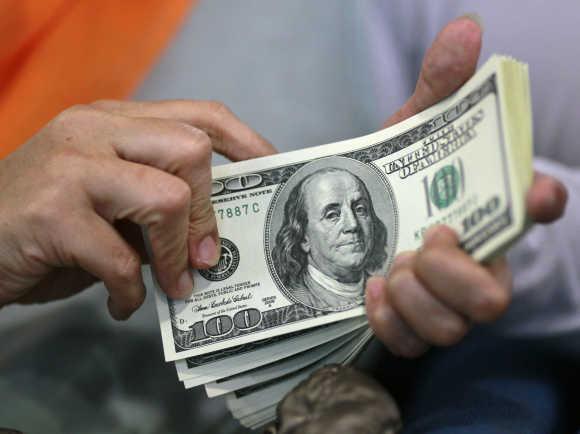
The Middle East and North Africa saw the most rapid increase in dirty money, which is the proceeds from illicit business, crime and corruption.
Illicit outflows rose 31.5 percent between 2002 and 2011, the decade leading up to the Arab Spring uprisings during which a rallying cry was fighting corruption in the regimes. It was followed bysub-Saharan Africa, up 20.2 percent in the decade ended 2011, the latest period for which data are available.
Asia lost the largest amount of money accounting for 40 percent of the $5.9 trillion of illicit financial outflows from the developing world in the 10-year period, and the vast bulk of that came from China at $1.08 trillion, GFI said.
…
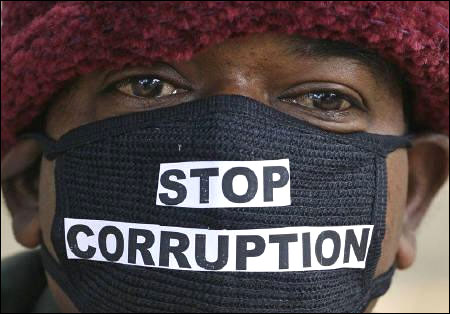
But when outflows are measured as a percentage of annual growth, sub-Saharan Africa faces the biggest problem. GFI said 5.7 percent of its Gross Domestic Product left each year on average over the decade, compared with 4 percent globally.
Nigeria topped the list at $142.3 billion, followed by South Africa at $100.7 billion.
"The evidence continues to mount - illicit financial flows have a devastating impact on economic development and stability in Africa," said Dev Kar, GFI's chief economist.
The research tracks illegal money flowing out of 150 developing countries, using trade and balance of payments reports filed with the International Monetary Fund.
Illicit flows cannot be precisely measured, since by their nature they are hidden but GFI's data provides an approximation. It updated its methodology this year to include re-exporting through Hong Kong and different types of trade data.
…
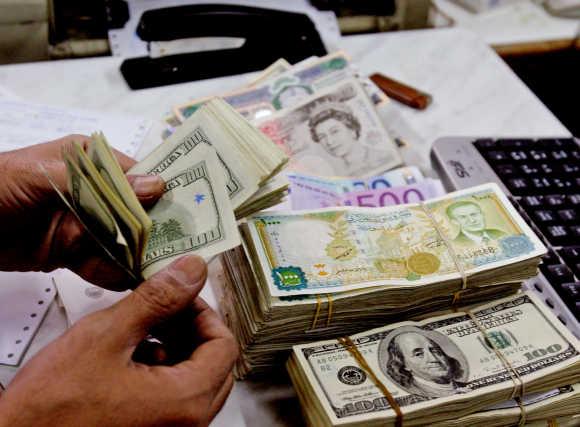
Trade misinvoicing, whereby exports and imports are booked at different values to avoid taxes or to hide large transfers of money, is the most popular method accounting for over 79 percent of the illicit flows, according to GFI's calculations.
The researchers also looked at balance of payments data to analyze how much money flows into a country through portfolio investment, foreign direct investment, aid and loans etcetera, and how that money is used. Abnormally large discrepancies point to illicit capital flight, separate from the trade misinvoicing route.
In this regard, Russia has the biggest problem, GFI said. It was the top exporter of illegal capital in 2011, losing $191.14 billion, followed by China at $151.35 billion and India at $84.93 billion.
Global policymakers are ramping up their efforts to crack down on money laundering and illicit financial flows.
…
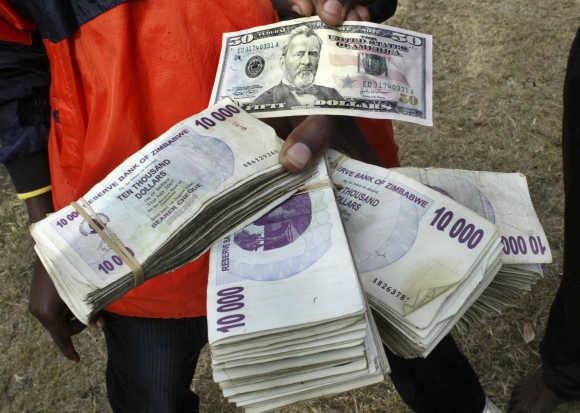
The G20 summit of the world's leading economies in September for the first time agreed to automatically exchange tax information starting at the end of 2015 as a way to capture tax dodgers and transfer of illegal money.
They also are tackling shell companies, a popular tool for money laundering since they allow the true owner of the corporate assets to remain anonymous.
The G8, biggest industrial nations, in June agreed anonymous shell companies are an international problem, and Prime Minister David Cameron last month announced the United Kingdom will create a central public registry of the beneficial owners of phantom firms registered there.
Meanwhile, a panel of world leaders has recommended that the United Nations make curtailment of illicit financial flows an explicit goal of the anti-poverty agenda when the UN sets new global development targets from 2015 onwards.